



Cities today face major challenges, including the mitigation and adaptation to climate change and the increase in urbanization, which have significant consequences on the urban environment and the well-being of citizens. In this context, the PRIN 2022 URBioPark research project aims to investigate the role of urban green spaces and their biodiversity, evaluating their links to human health.
The project, coordinated nationally by the University of Brescia and developed in collaboration with the National Research Council – Institute of BioEconomy of Florence, the University of Verona, and the University of Padua, intends to apply a multidisciplinary methodological approach through a series of site-specific analyses applied to the case study of the city of Brescia. The research will analyze biodiversity by focusing mainly on the soil and plant components of four urban parks: “Parco Gallo”, “Parco Croce Rossa”, “Parco Giffoni”, and “Parco dei Poeti”.
URBioPark will identify the main human risk factors associated with city characteristics and the quality of the urban environment in relation to biodiversity levels. Additionally, it will identify environmental biodiversity indicators that can be associated with human health, with a particular focus on the role of urban parks as biodiversity hotspots.
The project will provide, develop, and demonstrate some sustainable solutions to increase and maintain biodiversity in urban environments over time, to improve city resilience. This resilience is considered a strategy to mitigate the negative impact of climate change by providing guidelines for incorporating biodiversity into park planning and management, to be adopted beyond the conclusion of the project.
Identify the correlation between human health and urban biodiversity
Define indicators to assess biodiversity
Implement actions for maintaining and increasing biodiversity
Raise citizen awareness of urban biodiversity
Promote active citizen participation
Provide new tools for decision-making related to territorial governance
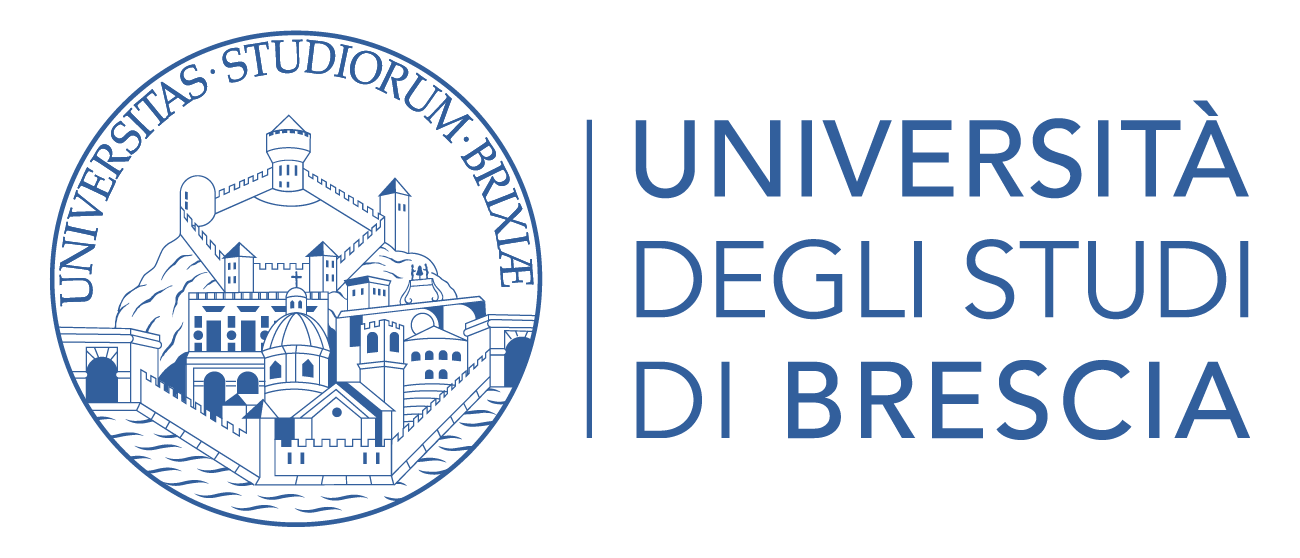
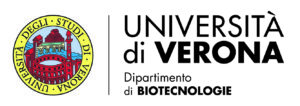
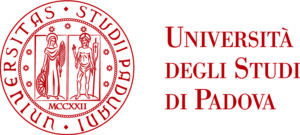
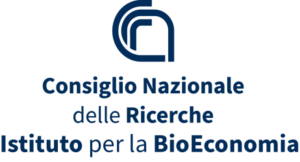
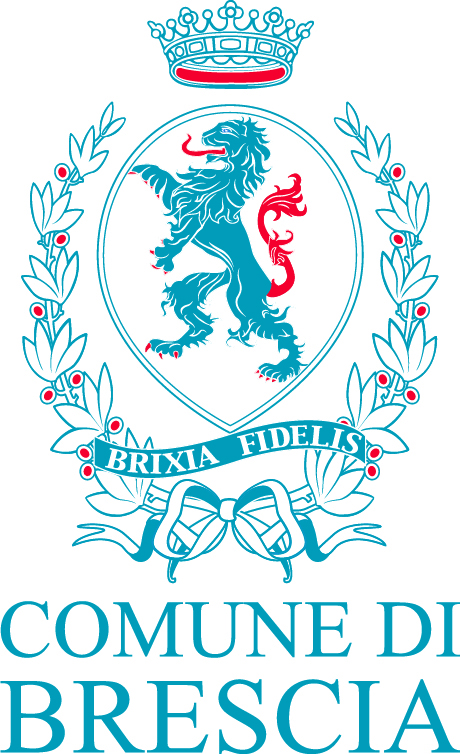
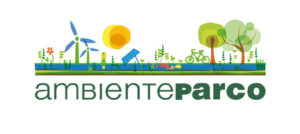
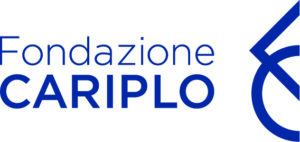
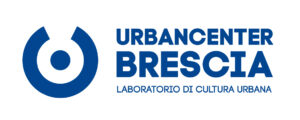

Department of Civil Engineering, Architecture, Territory, Environment, and Mathematics (Dicatam) University of Brescia

National Research Council – Institute for BioEconomy, Florence
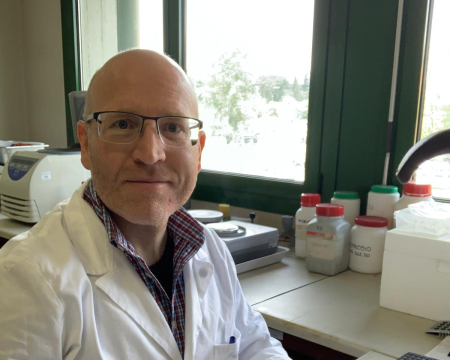
Department of Biotechnology, University of Verona
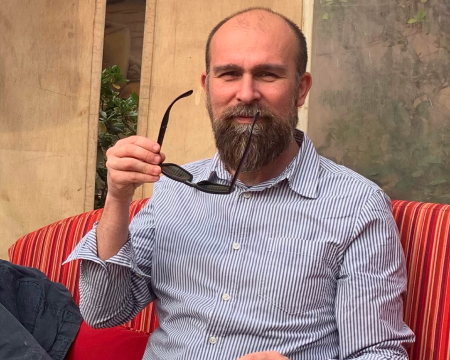
Department of Agronomy, Animals, Food, Natural Resources, and Environment (DAFNE)
University of Padua
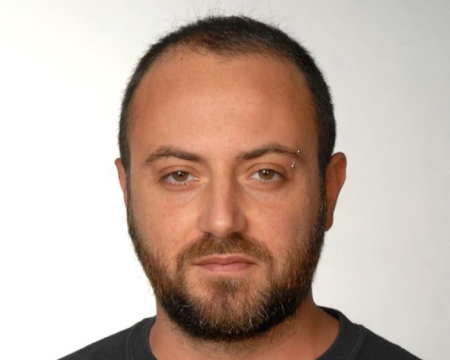
Department of Civil Engineering, Architecture, Territory, Environment, and Mathematics (Dicatam) University of Brescia

Department of Civil Engineering, Architecture, Territory, Environment, and Mathematics (Dicatam) University of Brescia
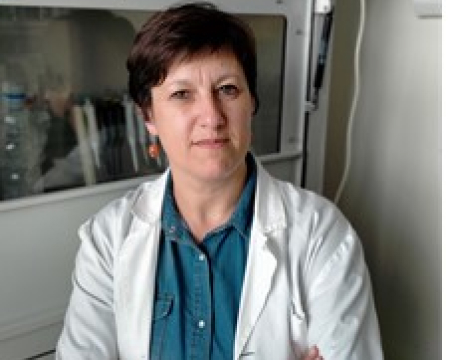
Department of Medical-Surgical Specialties, Radiological Sciences, and Public Health, Unit of Hygiene, Epidemiology, and Public Health, University of Brescia

National Research Council – Institute for BioEconomy, Florence
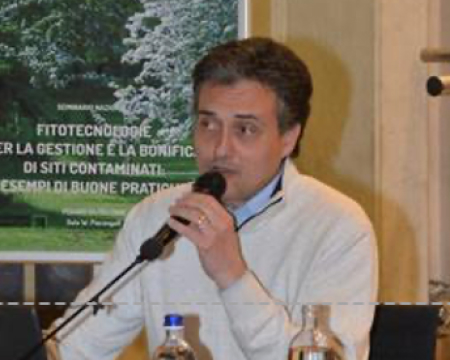
Department of Agronomy, Animals, Food, Natural Resources, and Environment (DAFNE)
University of Padua

National Research Council – Institute for BioEconomy, Florence

Department of Civil Engineering, Architecture, Territory, Environment, and Mathematics (Dicatam) University of Brescia

Department of Civil Engineering, Architecture, Territory, Environment, and Mathematics (Dicatam) University of Brescia
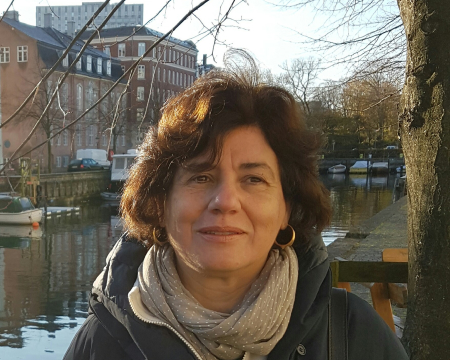
Department of Biotechnology, University of Verona

Department of Civil Engineering, Architecture, Territory, Environment, and Mathematics (Dicatam) University of Brescia